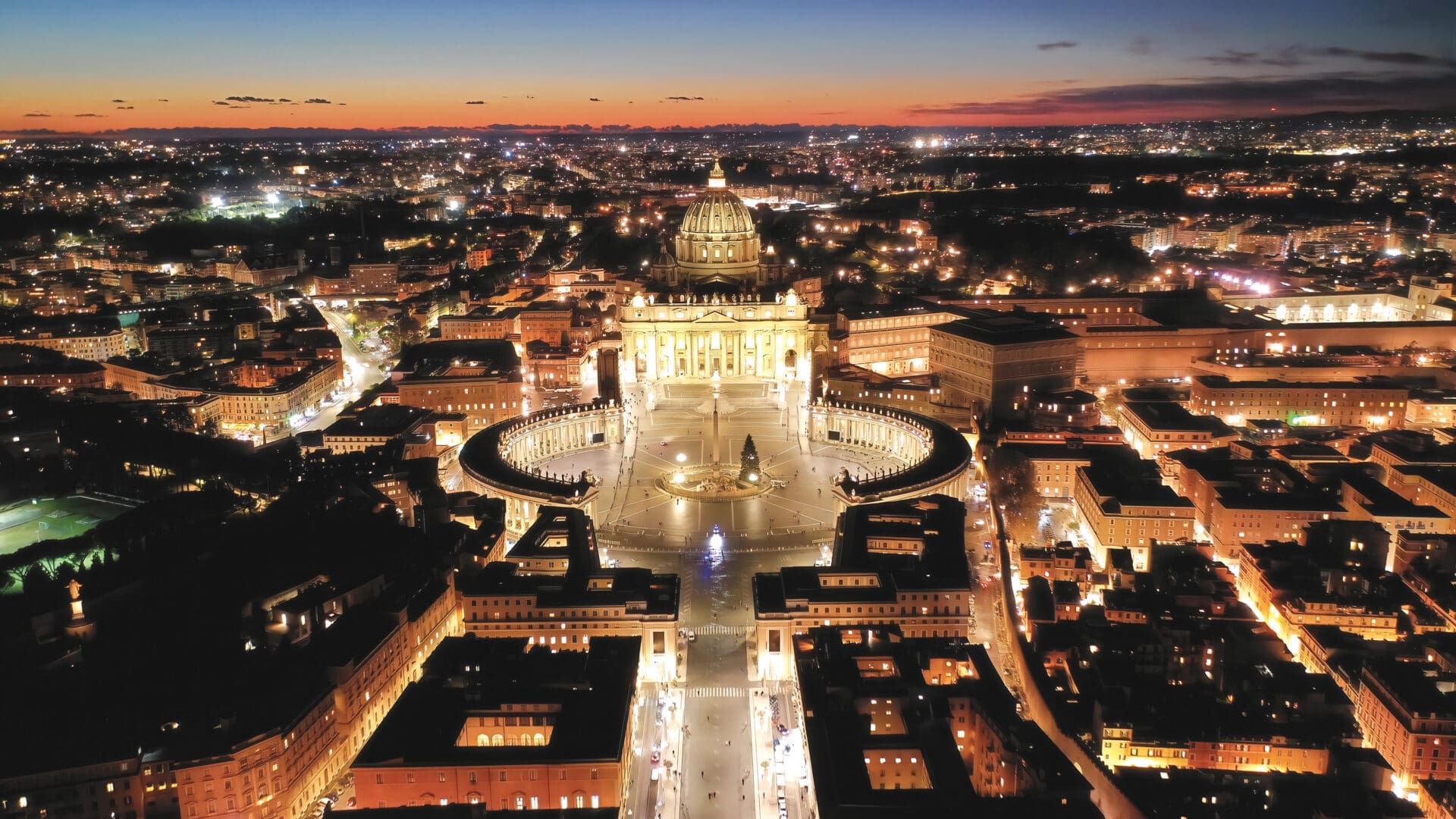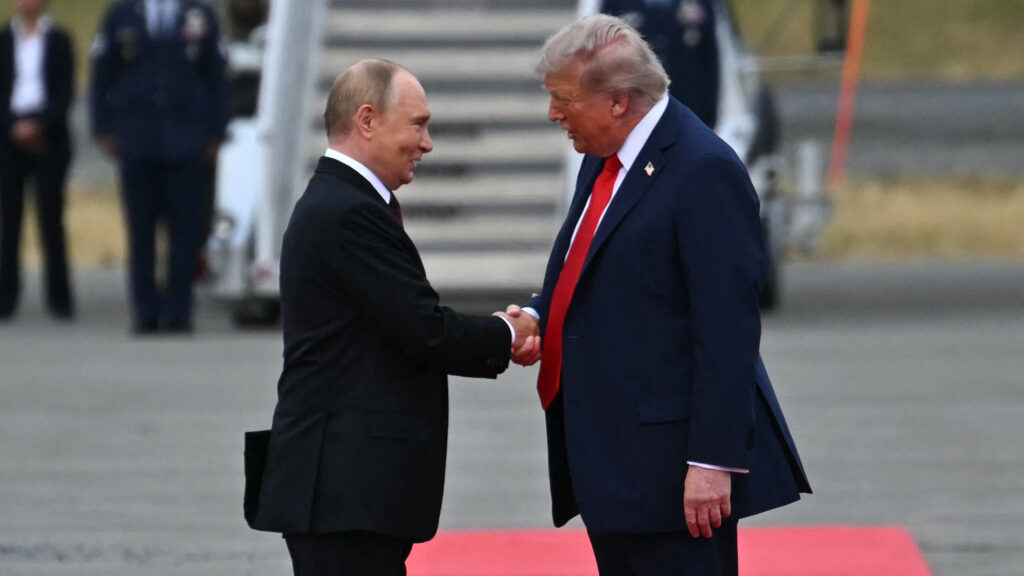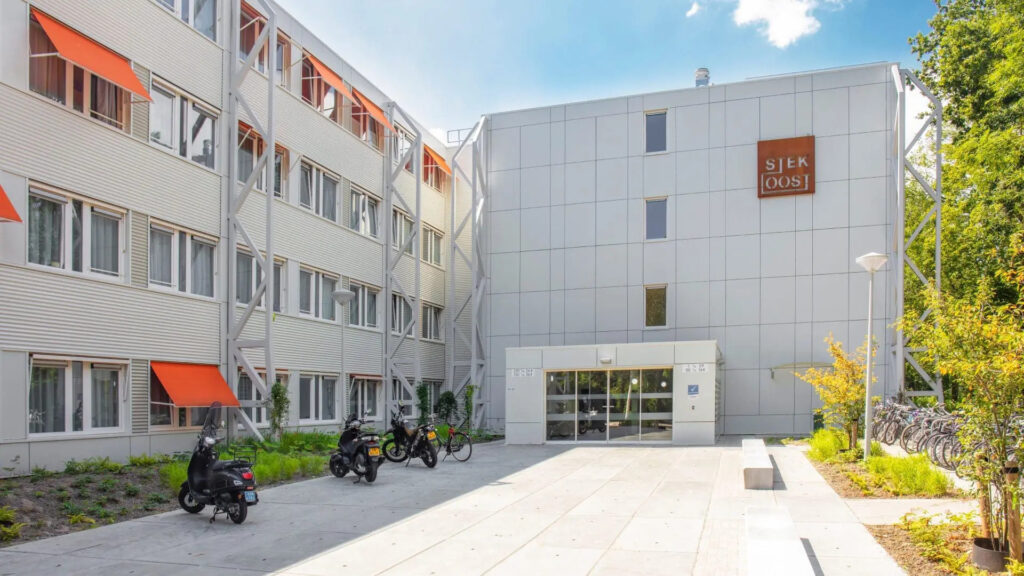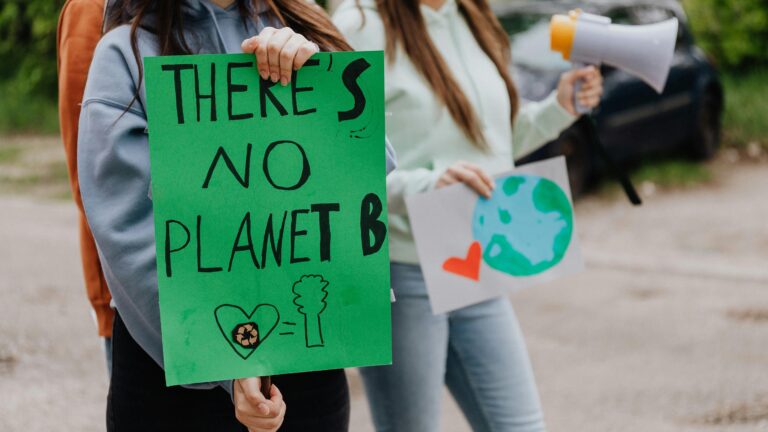It has been over a week since the death of Pope Francis was announced to the world. And while we as Catholics are still in the midst of official mourning, we are also now praying for the Sacred College of Cardinals to choose the right man to succeed him at the Conclave that is supposed to begin next Wednesday. Regardless of who is elected, the new pope undoubtedly inherits a mess of a divided Church that is in a state of confusion.
An Enigmatic Legacy
Pope Francis, the first non-European pope since the Syrian-born Gregory III died in 741, was certainly the most peculiar individual to sit on the Throne of St. Peter, at least in the modern era. For as the Jesuit—the Jesuits (Society of Jesus) have historically been recognized for their great intellectual skill and craftiness, all for the service of Holy Mother Church—he had a talent for skillfully utilizing, or rather, manipulating world opinion, creating a quagmire for the mainstream media and the uniformed faithful to fiddle with.
Having chosen to both forgo the traditional papal attire of his predecessors and to take up residence at the Casa Santa Marta—the five star hotel within the Vatican City walls—instead of the papal palace, Francis presented himself as a populist pope—or, as he was characterized after he died, the ‘people’s pope’—, vowing to drain the swamp of corruption in the Holy See and revolutionize the Church.
What the Argentinian cardinal who became pope effectively left behind in his obscure and conspiracy-laden backstory was a state of uncertainty and divisiveness, conducing even non-Catholics into a pantheistic or syncretisc approach to God, as seen, to cite one example upon many, in his promotion of the ‘Pachamama’ when he presided at a ceremony at the Vatican gardens. The pagan idol was thereafter brought in solemn procession into St. Peter’s Basilica as a special prelude to the opening of the Amazon Synod in 2019.
When the idol was tossed into the Tiber River by someone who saw this as a blasphemous act, Francis issued an apology: ‘As bishop of this diocese, I ask forgiveness from those who have been offended by this gesture.’

Saliently known for his ‘Who am I to judge’, in response to a question by a journalist on a purportedly gay priest, Pope Francis, just months into his pontificate, drew the battle lines between traditionalists, progressive Catholics, and moderate conservatives, who would have a hard time reconciling their maximalist understanding of papal authority with a pope who did not always share their commitments.
Indeed, those who expected Francis to be a ‘liberal’ pope and overturn Church teaching on abortion, the all-male priesthood, and homosexuality were altogether shut down. Francis’ actions, nevertheless, especially with gestures like the promulgation of his Motu Proprio Fiducia Supplicans (2023)—which permitted priests to bless same-sex couples—did not just push the boundaries to the point of sowing confusion over undisputed moral issues, but actually caused dissent and division among the faithful.
Catholics were altogether unable to agree about the value of his words and acts or even their meaning, and these disagreements gave rise to further misunderstandings and recriminations. In private, the pope was even more satirical or corrosive by reportedly saying that bishops must be neither right-wing nor left-wing, before adding: ‘And when I say left-wing, I mean homosexual.’ Not to mention his infamous statement, so far as the LGTBQ+ protagonists are concerned, that there is ‘an air of faggotry in the Vatican’.
It is perhaps for this reason why the masonic Gran Loggia d’Italia degli Antichi, Liberi, Accettati Muratori (the Grand Lodge of Italy of Ancient, Free, and Accepted Masons) in its public homage ‘to the vision of Pope Francis, whose work deeply resonates with the principles of Freemasonry’, highlighted how he ‘knew how to combine faith and reason…A faith capable of questioning, of welcoming doubt, and engaging in dialogue, which is also found in the Masonic initiatory method, founded on a path free from dogma, sustained by the incessant search for truth.’
Whether amenable or not, Francis was responsible for much perplexity and obscurity, more so when given a chance to clarify his intentions and rectify his acts, opting instead for inscrutability.
A case in point, referring to abortionists to ‘Nazis with white gloves’ or ‘hitmen’, he obscurely publicly praised Emma Bonino knowing how she sucked unborn children from their mothers’ wombs with a bicycle pump, to say nothing of her founding the Information Centre on Sterilisation and Abortion in 1975, which prominently lobbied to promote abortion in Italy prior to its legalization in 1978—Bonino is credited for being ‘at least partially responsible for over 6 million abortions’, including 10,141 illegal ones, a fact that she has boasted about in the past. A year before Francis died, he made a personal visit to her house.

Pope Francis also denounced traditionalist Catholics—the faithful who attend, as well as the priests who celebrate the Tridentine Mass of the Roman Rite, which is sometimes colloquially called the ‘Latin Mass’ that was promulgated by Pope St. Pius V in 1571 and last codified by Pope St. John XXIII in 1962—as ‘backward’ and caught up in ‘a nostalgic disease’. In 2021, in his Motu Proprio Traditiones Custodes, he outlined restrictions for the celebration of Tridentine Mass—the paradox is that it attracted a lot more youth, subsequently fortifying our Catholic traditions.
The Next Pope
It goes without saying that the next Roman Pontiff will have his work cut out for him, if he in fact chooses to restore some structure in the Church.
It matters not only to Catholics but also to the entire world who will be elected as pope next week. The Supreme Pontiff is not just the head of a billion-plus Catholic faithful or a mere titular figure. He is someone whose words and actions can resonate or cause ripples throughout the world. All we have to do is see the example of Pope St. John Paul II in his subtle yet forceful crusade against communism, and how he was a key figure in the fall of the Iron Curtain.
If I may cut to the chase, it is as if the new pope will have to confront a Church without Christ, or as if Holy Mother Church only had a task of universal, planetary, or galactic harmony, with a guillotine to better create freedom, equality, and brotherhood—the cries of the French Revolution—as opposed to the salvation of souls.
The views expressed by our guest authors are theirs and do not necessarily represent the views of Hungarian Conservative.
Related articles:






